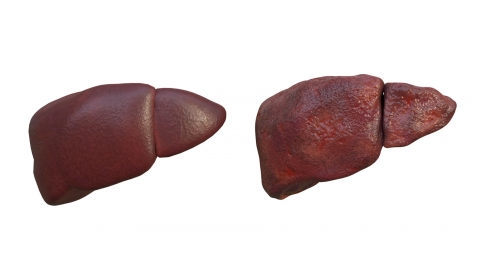Can surgery be performed for cirrhosis with ascites?
In general, whether a patient with cirrhosis and ascites can undergo surgery requires a comprehensive assessment based on the individual's specific condition, the necessity and urgency of the surgery, and associated risks. The detailed analysis is as follows:

If the patient has mild cirrhosis, controllable ascites, and the condition requiring surgical treatment could be life-threatening if not addressed promptly, doctors may first optimize the patient's physical condition—such as controlling ascites and correcting coagulation abnormalities—before cautiously proceeding with surgery. Close postoperative monitoring is essential to reduce the risk of complications.
If cirrhosis is in an advanced stage with severe, uncontrollable ascites, or if the condition requiring surgery poses minimal threat to life, surgery is generally not recommended. Performing surgery under such circumstances significantly increases risks of infection, bleeding, liver failure, and may worsen the overall condition. Conservative treatments such as medication or paracentesis are preferred to relieve symptoms.
Prior to surgery, comprehensive evaluations of liver function, kidney function, and other key indicators are necessary. After surgery, patients must strictly follow medical instructions regarding medication and diet, avoid fatigue, and seek immediate medical attention if abnormalities such as worsening abdominal pain or reduced urine output occur.






